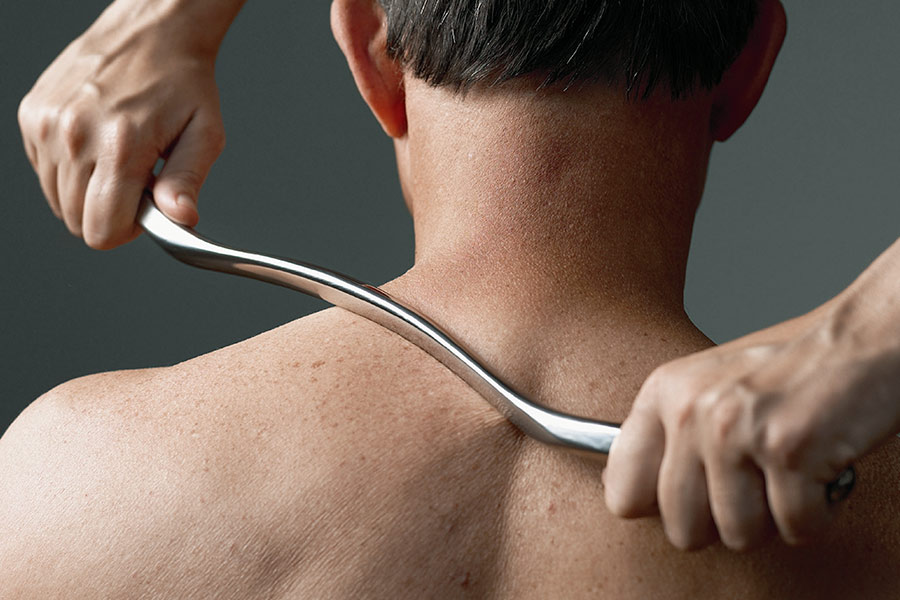Orthopedic concerns encompass a wide range of musculoskeletal issues, from joint pain to sports injuries. If you’re experiencing any discomfort or limitations in mobility, seeking professional medical advice is crucial. Your initial consultation with an orthopedic specialist is the first step towards understanding your condition and developing a treatment plan. In this guide, we’ll explore how to prepare for your initial consultation to make the most out of your appointment.
Understanding Orthopedic Concerns
Orthopedic concerns refer to any problems affecting the musculoskeletal system, including bones, joints, muscles, ligaments, and tendons. These issues can arise due to various factors such as injury, overuse, aging, or underlying medical conditions. Common examples include osteoarthritis, fractures, tendonitis, and sprains. It’s essential to recognize the signs and symptoms of orthopedic problems and seek professional evaluation and treatment.
The Initial Consultation: What to Expect
During your initial consultation with an orthopedic specialist, you can expect a comprehensive evaluation of your condition. The specialist will review your medical history, perform a physical examination, and may order diagnostic tests such as X-rays, MRI, or CT scans to further assess your condition. Be prepared to discuss your symptoms, medical history, and any previous treatments or surgeries you’ve undergone. The specialist will use this information to make an accurate diagnosis and develop a personalized treatment plan.
Preparing for Your Consultation
Preparing for your orthopedic consultation can help ensure that you get the most out of your appointment. Start by gathering any relevant medical records, including imaging results, laboratory tests, and reports from previous healthcare providers. Organize this information in a folder or digital file for easy access during your appointment. Additionally, make a list of questions and concerns you’d like to discuss with the orthopedic specialist. Consider factors such as your symptoms, treatment options, recovery expectations, and any lifestyle modifications that may be necessary.
Questions to Ask During Your Consultation
During your consultation, don’t hesitate to ask questions and seek clarification on any aspects of your condition or treatment plan. Here are some important questions to consider:
- What is my diagnosis, and what is causing my symptoms?
- What are my treatment options, and which approach do you recommend?
- What are the potential risks and benefits of each treatment option?
- What can I do to manage my symptoms and optimize my recovery?
- Are there any lifestyle modifications or exercises that can help improve my condition?
Post-Consultation Steps
After your consultation, follow any instructions provided by the orthopedic specialist, such as scheduling follow-up appointments or undergoing further diagnostic tests. It’s essential to adhere to the treatment plan outlined by your specialist and communicate any changes in your symptoms or concerns. Stay proactive in managing your orthopedic condition and prioritize your health and well-being.
Takeaway
Navigating orthopedic concerns can be challenging, but with proper preparation and guidance, you can take control of your health and well-being. By preparing for your initial consultation, asking questions, and actively participating in your treatment plan, you can make informed decisions about your orthopedic care. Remember that your orthopedic specialist is there to support you every step of the way, so don’t hesitate to reach out if you have any concerns or questions. Take charge of your orthopedic health and embark on the journey towards a pain-free and active lifestyle.











